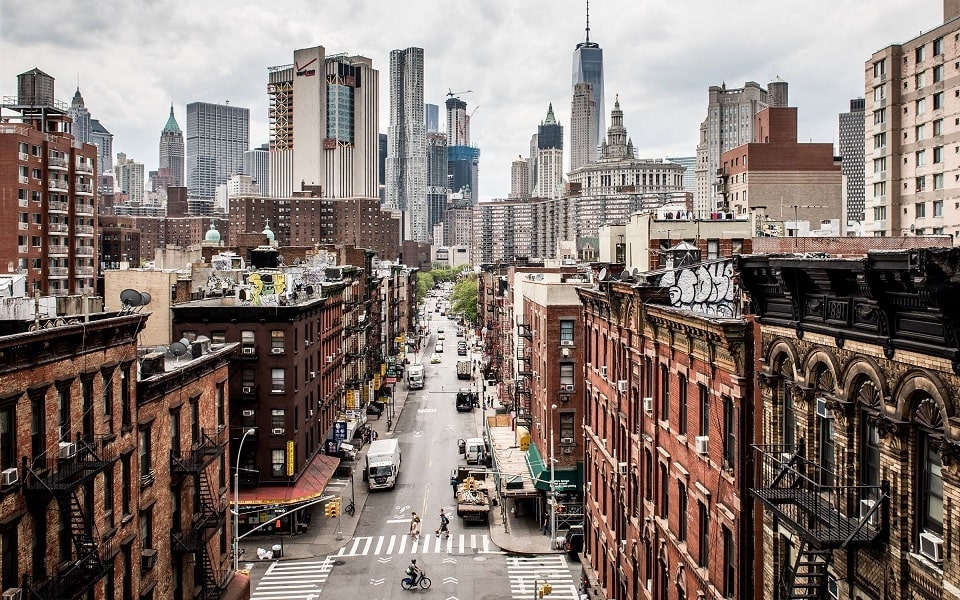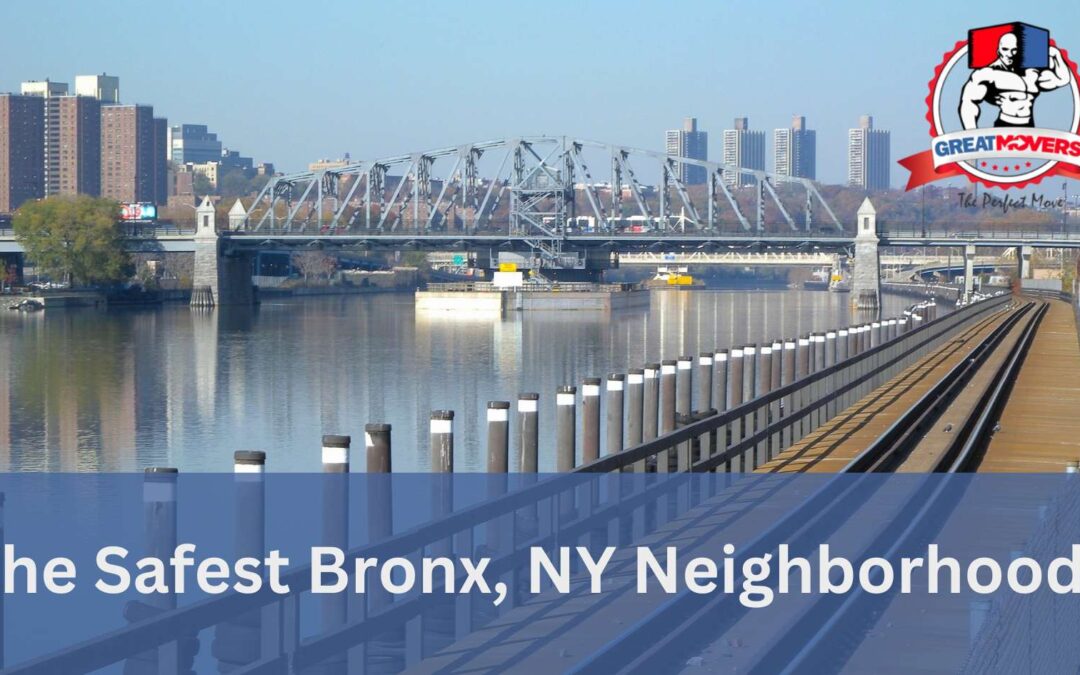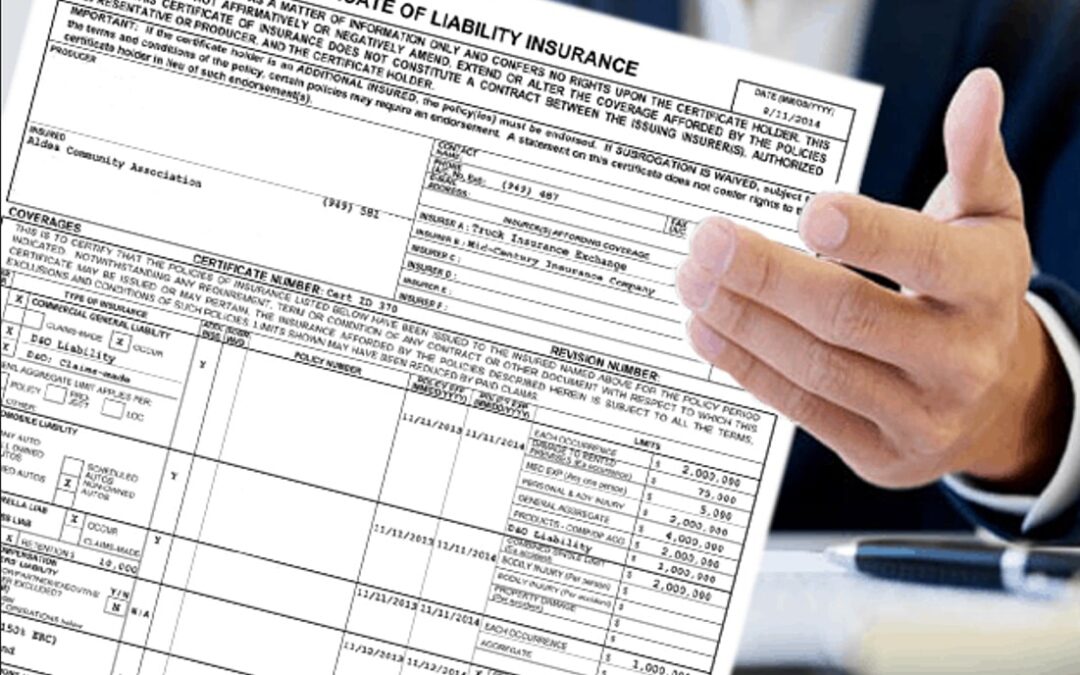There are few real estate markets as competitive as New York City. Anyone who has done basic research will know that regardless of what borough you look in, you’ll be paying a pretty penny regardless of whether you rent or buy an apartment. While COVID-19 temporarily reduced rents and apartment prices back in 2020, they are back to normal now that NYC has re-opened.
As expensive as rents are in New York City, buying an apartment might seem like an impossibility. Still, many professionals often consider the pros and cons of buying versus renting. Unfortunately, there’s no easy answer to this question. Your decision depends on a number of factors, but it essentially boils to down asking yourself two questions – can you buy and should you buy. If you’re planning on moving and deciding whether you want to rent or buy your next apartment, the following tips might help you decide your next move. Regardless, once you do decide what you’re going to do, make sure to hire professional local NYC movers so you can ensure your belongings get to your new home in one piece.
Look Five Years Into the Future
For many people, purchasing their first home marks the first step into ‘adulthood.’ Of course, for many who work in New York City, purchasing a home much less an apartment might seem like a pipe dream. But if you have the money, it might be tempting to make a purchase. After all, you’ll be building equity and potentially turn a big profit in the future, right? For most people, flipping an apartment doesn’t always lead to a profit. In fact, it might cost you more money in the long as you might have put a lot of money into renovations, taxes, etc. Plus, you have to consider the 10% transaction cost for just selling your place!
Ask yourself seriously what your plans are for the next five years. This doesn’t just include whether you plan on staying in New York City, it also looks at:
- Household – if you’re married or engaged, do you plan to have children in the near future?
- Neighborhood – do you love your area or are you just living there because it’s cheap?
- Job – how stable is your job? You’re generally locked into a mortgage for 30 years so if you’re a freelancer or you’re not confident in your job security, buying might not be the best option. Also, consider whether you might get transferred to another area.
If you want to buy a place, you should plan on living there for at least five years. It’s estimated that your apartment should appreciate at around 2% every year. That means it will take at least 5 years for you to break even assuming the 10% transaction costs. While real estate prices certainly appreciate faster in NYC in general, chances are there will be some dips through the years meaning you won’t have guaranteed exponential growth.
Consider Your Finances
It should go without saying, but renting vs. buying is a whole different ball game. While both require money upfront, renting an apartment generally means you’ll have to save up anywhere between $4,000 to $8,000 depending on the cost of your apartment and whether you need to pay a Broker’s Fee in addition to the first month’s rent and security deposit. While a hefty sum, it’s nothing compared to the closing costs associated with purchasing a home which includes:
- Closing costs – which often are about 10% of the total price of the apartment
- Down payment – considering how competitive NYC real estate is, you’ll often be asked for at least 20% down with some requiring cash transactions. Don’t be fooled by the name, cash transactions generally mean you’re using your own money versus getting it from lenders.
- Appraisal fee and/or credit check – these vary in price but generally shouldn’t cost more than $500
- 1-year future recurring costs – some lenders might require you to set aside monthly for your recurring costs in addition to your principal and interest payments.
All of these fees can cost you upwards of $100,000 depending on the cost of the apartment. Luckily, you can get some financing options, but from places like the Federal Housing Administration (FHA) or the Down Payment Assistance program though you will have to meet certain income thresholds to quality and plan to live in your new home for at least 10 years.
In addition to upfront costs, you’ll also need to consider your longtime payments as well. Unless you’re able to buy your apartment outright, chances are you’ll have to pay a mortgage on your new place in addition to other ongoing expenses. When you’re renting, your rent is all you need to worry about when it comes to paying for your housing. So how does it stack up when you buy a place?
- Mortgage – Your mortgage is made up of your principal and interest. If you paid less than 20% for your down payment, you might also need to pay for mortgage insurance.
- Property taxes – Taxes in NYC are surprisingly low, although that all depends on your location. Some areas might be higher than others so make sure to look at the taxes before making your purchase.
- Maintenance Fees – these are monthly fees that cover hot water, heat, building maintenance, and sidewalk cleaning. Some buildings have lower maintenance fees than others with some income-restricted buildings as low as $400 a month.
- Repairs/Renovations – depending on what kind of building you live in, you might need to pay for your own repairs though some buildings work with specific companies that can provide a discount. The same goes for renovations and replacing appliances.
Of course, in both cases you’ll need to think about the cost of utilities, food, transportation, and more and factor those into your monthly housing costs.
Benefits of Buying
On the surface, it might seem like renting in NYC seems like the best option especially considering how much money it can cost upfront. For many people, buying an apartment just isn’t feasible even with potential assistance programs and income-restricted housing available on the market (known as HDFC). Still, if you can swing it buying an NYC apartment could be a great option if you plan on living in the area for a while.
Naturally, the biggest benefit of buying an NYC apartment is building equity. Each mortgage payment is an investment in your future. Plus, you don’t have to deal with the huge fluctuations in rent prices that many landlords can pull on renters. Instead, you’re generally locked into a more stable rate. You also enjoy greater privacy and more options to customize your place to really make it a home. Plus, you have numerous tax benefits that come from owning a home versus renting. If you end up having children, you can also leave your apartment to them once you get tired of NYC living.
Benefits of Renting
The most significant advantage of renting an NYC apartment versus buying is that it gives you flexibility. While most leases will be for a year, there are many short-term options and, in some cases, you can even pay month-to-month. If you’re just testing out a life in NYC or you realize you don’t like your new digs, you only have to stick it out for a maximum of a year. Renting is also a great option if you’re early in your career where you have a lot of upward mobility. You can upgrade as your salary grows.
Renting also has fewer upfront costs. Yes, broker fees can cost up to 15% of the annual rent, but combined with the first month’s rent and security, you’re paying far less than a down payment on an apartment. Plus, you can find many no-fee apartments so you can bring your costs down further. You also don’t have to worry about maintenance or repair fees as that’s all covered in your rent. Of course, you do have to worry about rent increases every year and no matter how much you pay in rent, you’ll never own the property.
Should you Rent or Buy
Ultimately, the choice of renting or buying is up to you and what you want in your life. Renting might be a great option for you if you want to build up your wealth while climbing the corporate ladder in NYC. You have much lower upfront costs and fewer hurdles to jump through so long as you prove good credit and you are making 40x the annual rent. You can also choose to split the rent with a roommate to save even more money. In most major cities, the majority of residents rent as it can be cost-prohibitive to buy and, in many cases, you’ll often be paying more because of high mortgage rates, taxes, and maintenance fees.
However, if you plan on staying in NYC for the long-term, it might be a good idea to consider buying a place. Yes, it’s not cheap, but there are programs that can help with financing. Plus, if you can save money for several years by renting with roommates, living frugally, and increasing your salary, you will be able to afford your own place. Once you have your own apartment, you can really make the place a home you always dreamed of.
Conclusion
Ultimately, the decision to rent or buy is up to you. If you can afford it and plan to live in NYC for a while, you should consider buying it even if you can’t afford it for now. Build up your credit and save up money so you can afford the upfront costs. Of course, there’s no shame in renting long-term. Around 67 percent of New Yorkers rent.
When you’re ready to make your move, make sure to hire your trusty local movers (like NYC Great Movers). They’ll help you get packed and moved in record time.
FAQ
What are the median rent prices in NYC?
Rents in NYC aren’t cheap and the median rents hover around $3,600.
How much does it cost to buy an apartment?
The median sale for apartments is close to $1 million
What’s the difference between a co-op and a condo
While this question can take up an entire article by itself, in basic terms you own the unit when you buy a condo. When you buy a unit in a co-op you do not own the unit. Instead, you own a share in the building/nonprofit that owns the building along with other residents.






